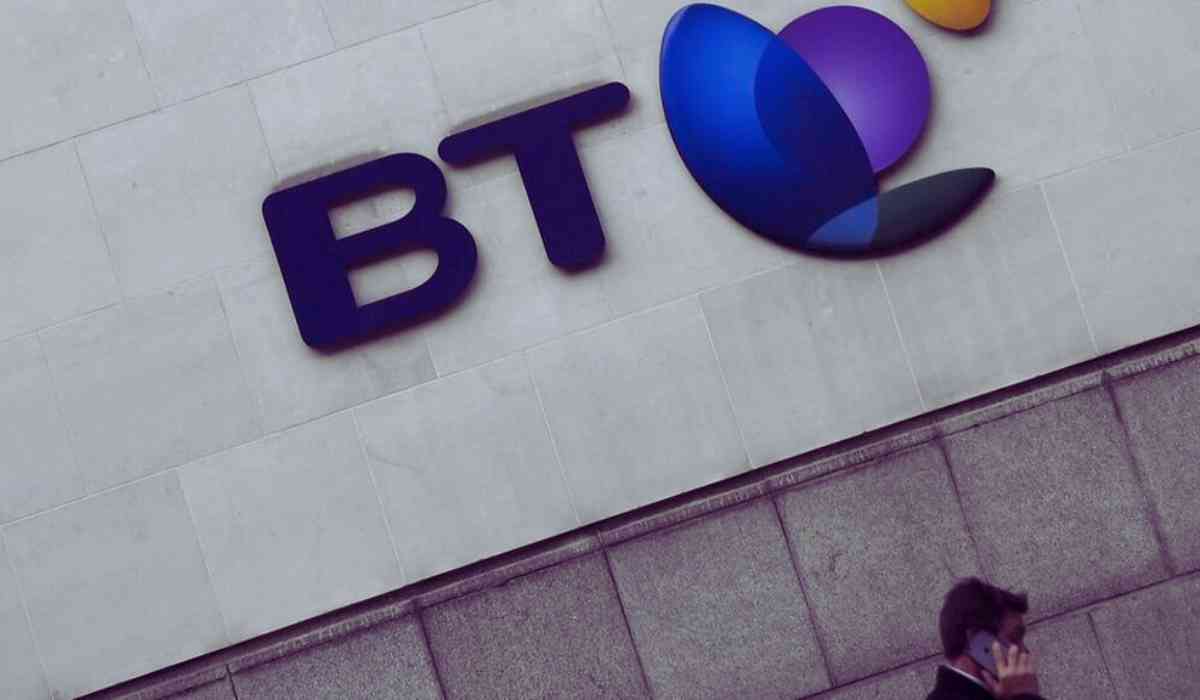BT Group, the largest broadband and mobile provider in Britain, has unveiled plans to cut a substantial number of jobs, aiming to reduce its workforce by over 40% or up to 55,000 jobs by 2030. This move comes as BT finalizes its fibre roll-out and embraces emerging technologies like artificial intelligence (AI). Led by CEO Philip Jansen, BT has been undergoing a transformation phase that includes building a national fibre network and deploying high-speed 5G mobile services. While the company reported revenue and core earnings growth after six years, the costs associated with this transformation and their impact on free cash flow have led to a 7% decline in BT's shares.
Jansen explained that once the fibre roll-out, digital transformation, AI integration, and organizational streamlining are complete, BT will rely on a significantly smaller workforce and a reduced cost base by the end of the 2020s. The company's goal is to decrease its employee count from 130,000 to a range of 75,000 to 90,000 by the latest financial year of 2030. Out of its current workforce, approximately 30,000 are contractors. Jansen emphasized that job cuts would accelerate as the fibre roll-out concludes and the 3G network is phased out. Regarding job reductions, Jansen highlighted that the decreased demand for network engineers due to digital networks and the implementation of automation and AI technologies would account for about 20,000 job losses. He expressed optimism about the opportunities presented by AI, particularly in enhancing customer service and exploring new business prospects. Jansen reassured stakeholders that BT intends to maintain a personalized approach and will continue to offer multichannel service through online platforms and physical stores.

Vodafone, BT's competitor, has also announced job cuts, with plans to reduce 11,000 jobs globally to improve its competitive position. Jansen drew attention to the transformative potential of generative AI large language models, comparing it to the impact of smartphones. Despite facing challenges in the macroeconomic landscape, BT achieved a 5% increase in adjusted core earnings, meeting market expectations. Growth in networks and consumer businesses offset the decline in the enterprise. However, free cash flow experienced a 5% decrease due to higher capital expenditure, and the forecast for 2024 fell below analysts' projections. BT intends to invest the funds received from the British government's new tax incentives in network development and fibre connectivity, aiming for a free cash flow of £1.0-1.2 billion for the current year.
Openreach, BT's network division, reiterated its commitment to connect 25 million premises with ultra-fast full-fibre connections by the end of 2026. The company has made significant investments in its fibre network to outpace competitors like Virgin Media O2 and smaller alternative networks. BT anticipates revenue and core earnings growth on a pro forma basis for the ongoing year.
© Copyright 2023. All Rights Reserved Powered by Vygr Media.























